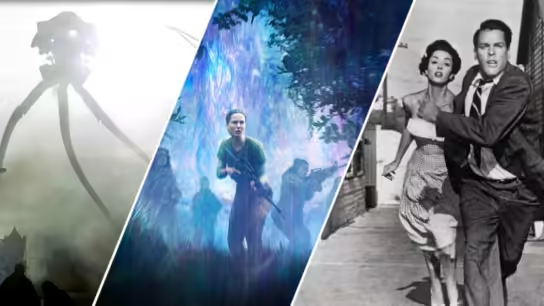The 1990s marked a significant era in the history of cinema, characterized by a diverse range of genres, technological advancements, and memorable storytelling. This decade saw the emergence of new filmmaking voices, the rise of blockbuster cinema, and the beginning of digital revolution in filmmaking techniques.
1. Cinematic Diversity and Genre Expansion
The 1990s witnessed a remarkable diversity in filmmaking styles and genres. From the rise of independent cinema with directors like Quentin Tarantino and Kevin Smith to the revitalization of animated films with Disney classics like “The Lion King” (1994) and “Beauty and the Beast” (1991), the decade offered something for every moviegoer.
2. Blockbuster Phenomena
Blockbuster films became a dominant force in the 1990s, drawing massive audiences worldwide. Iconic franchises like “Jurassic Park” (1993), “Terminator 2: Judgment Day” (1991), and “The Matrix” (1999) set new standards in visual effects and storytelling, reshaping audience expectations and pushing the boundaries of what was possible in filmmaking.
3. Emerging Filmmakers and Cultural Impact
The 1990s introduced audiences to a new generation of visionary directors. Filmmakers like Quentin Tarantino (“Pulp Fiction” – 1994), Steven Soderbergh (“Sex, Lies, and Videotape” – 1989), and the Coen Brothers (“Fargo” – 1996) gained prominence for their distinct voices and unconventional storytelling techniques, influencing a new wave of filmmakers and setting trends that would resonate for years to come.
4. Technological Advancements
Technological innovations in the 1990s revolutionized filmmaking. The advent of computer-generated imagery (CGI) allowed for unprecedented visual effects in films like “Titanic” (1997) and “The Fifth Element” (1997), while advancements in sound design and editing further enhanced the immersive cinematic experience.
5. Cultural Icons and Memorable Moments
The 1990s produced enduring cultural icons and memorable cinematic moments. From the iconic performances of actors like Tom Hanks (“Forrest Gump” – 1994) and Julia Roberts (“Pretty Woman” – 1990) to groundbreaking films that tackled social issues and identity, such as “Philadelphia” (1993) and “Boys Don’t Cry” (1999), the decade left an indelible mark on popular culture.
6. Legacy and Influence
The influence of 1990s cinema continues to resonate in contemporary filmmaking. Its blend of commercial success with artistic innovation laid the groundwork for the cinematic landscape of the 21st century, shaping audience expectations and inspiring future generations of filmmakers to push creative boundaries.
In conclusion, the 1990s stands as a pivotal decade in the history of cinema, characterized by its diversity, technological advancements, and cultural impact. From the rise of blockbuster entertainment to the emergence of independent voices, this era continues to be celebrated for its contributions to filmmaking and its enduring influence on popular culture.





